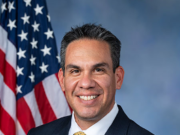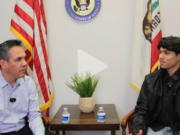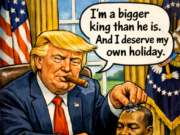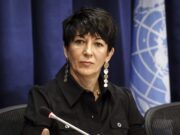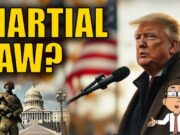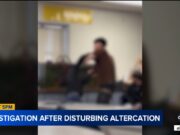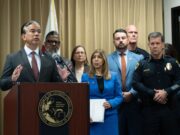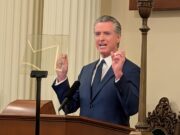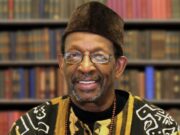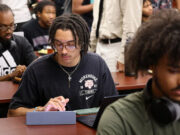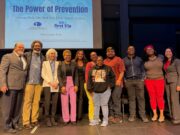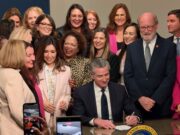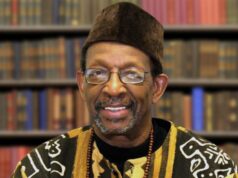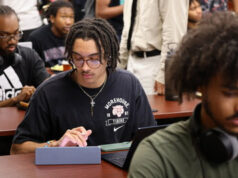
By Bo Tefu | California Black Media
University of California students, faculty, staff, and labor unions filed a federal lawsuit on September 16 against the Trump administration, alleging it is using civil rights laws to restrict academic freedom and undermine free speech.
The lawsuit follows the federal government decisions to fine the U.C. system $1.2 billion and freeze research funding at UCLA over alleged antisemitism and other civil rights violations.
According to the suit, the Trump administration’s proposed settlement with UCLA demands access to faculty, student, and staff data, ends diversity scholarships, bans overnight demonstrations on campus, and requires cooperation with immigration enforcement. The plaintiffs say these actions threaten the independence of universities and public research.
“The blunt cudgel the Trump administration has repeatedly employed in this attack on the independence of institutions of higher education has been the abrupt, unilateral, and unlawful termination of federal research funding on which those institutions and the public interest rely,” the lawsuit states.
The UC system, while not a direct party to the suit, said it is pursuing legal and advocacy efforts to restore funding. Spokesman Stett Holbrook said, “Federal cuts to research funding threaten lifesaving biomedical research, hamper U.S. economic competitiveness and jeopardize the health of Americans who depend on the University’s cutting-edge medical science and innovation.”
UC President James Milliken described the federal actions as “one of the gravest threats to the University of California in our 157-year history.” The UC system receives more than $17 billion annually in federal support, including nearly $10 billion for Medicare and Medicaid research, and student aid.
This lawsuit follows similar actions against private universities, including Harvard, Brown, and Columbia, as well as K-12 public school districts investigated for alleged discrimination in diversity programs. The case is led by the American Association of University Professors and represented by Democracy Forward, a legal group experienced in challenging frozen federal funding.
The outcome could set a national precedent for how the federal government interacts with public universities, shaping research, campus governance, and academic freedom.



